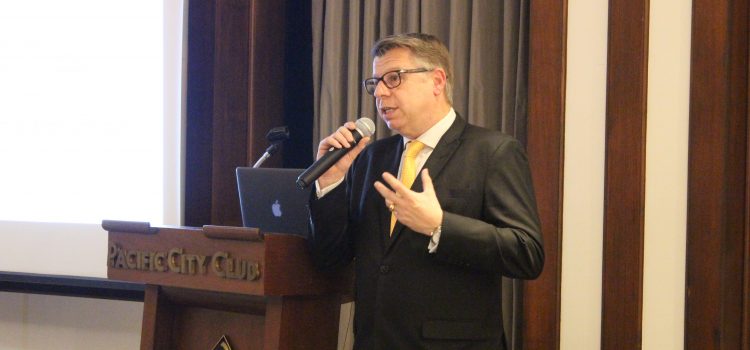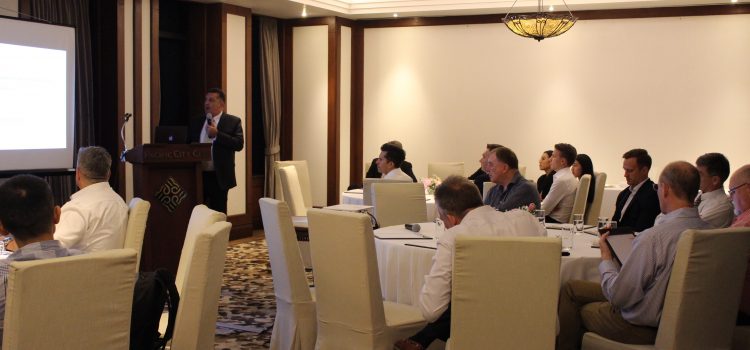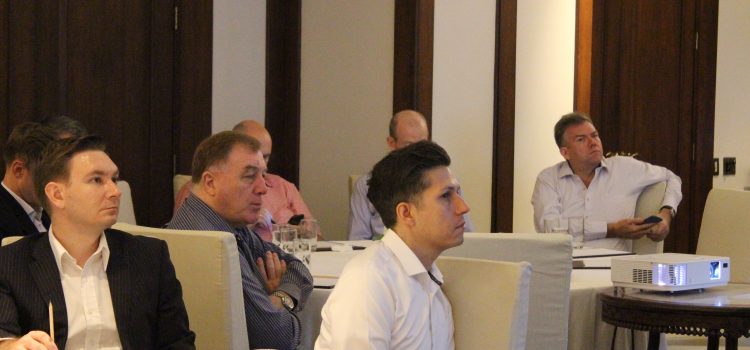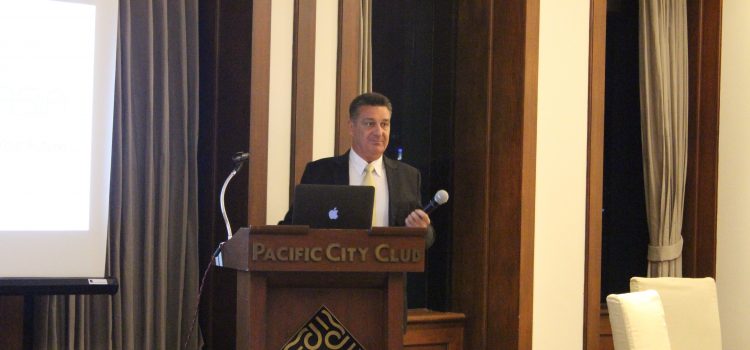Since the uncovering of the Panama (2016) and Paradise (2017) Papers, the search for the Ultimate Beneficial Owners (UBO’s) of financial accounts, companies and trusts has been relentless by tax authorities all over the world. Many Governments since that time have set up HNW Tax Departments with the sole aim of tracking and claiming taxes on the hidden assets. These teams can be like ‘dogs with bones’, and with the ongoing pandemic governments are having to bolster economies for a longer period than expected, and the direct and indirect taxes they take can only increase.
“Beneficial ownership is a term in domestic and international commercial law which refers to the natural person or persons “who ultimately own or control a legal entity or arrangement, such as a company, a trust, or a foundation”. The legal owner (i.e. the owner on the record) may be described as the “registered owner”, and if they are not the beneficial owner they may be described as a “nominee”.”
With the rollout of global financial reporting legislation under Common Reporting Standards (CRS) by OECD member countries, and prior to that the U.S. Legislation around Foreign Account Tax Compliance Act (FATCA), the onboarding process for both personal and company accounts has increased the amount of information that is required to open these accounts, structures and companies. Previous proof of identity and proof of address documents are now accompanied by Tax Identification Numbers, Country of Tax Residency and also source of funds details, all this data is more than likely followed by online background checks, which can uncover additional information that will need further clarification. Something previously as simple as opening a personal bank account, can now be a drawn out affair with the chance that the application may not be accepted.
The international basis of taxation varies widely depending on the jurisdiction where you are tax resident, this can be as simple as no personal taxation in countries such as Monaco and the UAE. In Countries such as Singapore and Hong Kong you are taxed on a territorial basis, whereby you are only charged on profits and income which arise in or are derived from within the country, this being a reason why Hong Kong is favoured for the formation of companies. In the UK and many European countries you are taxed on a residency basis, with most on a worldwide basis, but can also be based on the remitted profits and income brought back into the country. For Eritrea and the USA there is no getting away from any taxation on any global income or profits as these countries are taxed on a citizenship basis, unless you don’t file, which is becoming harder to do because of the exchanges of information slowly coming into play.
With the global move towards International Tax Transparency Standards, the exchange of information is now primarily automated through the likes of CRS & FATCA, and that information needs to include controlling persons of financial accounts. There is also the possibility outside of these frameworks that exchange of information is also made by request, again with beneficial ownership having to be available and accessible. The days of privacy, not meaning secrecy, is becoming less of a possibility in our financial affairs in this age, and complying to the modern regulatory global framework is becoming cumbersome to say the least.
Tax evasion is primarily why the net has been tightened, both on a corporate and personal level, but as mentioned previously current deficits in many developed countries can only lead to a further tightening. Tax avoidance is less likely within the current economic climate making efficient tax planning even harder to do within the regulations, which becomes complicated when you are involved in a number of different jurisdictions around the world. Detailed planning is essential and needs to take into consideration Double Taxation Agreements and the tax treatment of different types of structures by the numerous tax authorities around the world.
Selection of the type of structure you work within, and where you work from to efficiently control the level of taxation is hugely important, and could mean the difference to paying a legitimate lower tax to paying away a higher amount on Capital Gains, Dividends or even Income. Some countries have no recognition of Trusts, and are literally looked straight through, with no consideration given to the individuals involved in the legal agreement except for the settlor or grantor of the trust, who is seen essentially as the beneficial owner. Other jurisdictions recognise the legal arrangement of trusts and have legislation in place for the legitimate use of trusts in estate planing and asset protection. Again with other structures, special purpose vehicles, foundations etc, both can be treated differently by different jurisdictions.
Making sure you are using the right structure will come down to your residence, nationality, purpose, time scale, access and liquidity etc. it would never be a case of one size fits all. The exchange of information is driving the way we are taxed and having the correct structures in place that attract the least amount of tax is smart planning, not tax evasion. Smart planning and checking the details is essential. Working within global legislation allows you to plan effectively and protect longer term what you have been working towards, whether that’s building a business or a legacy to leave to your family.
















